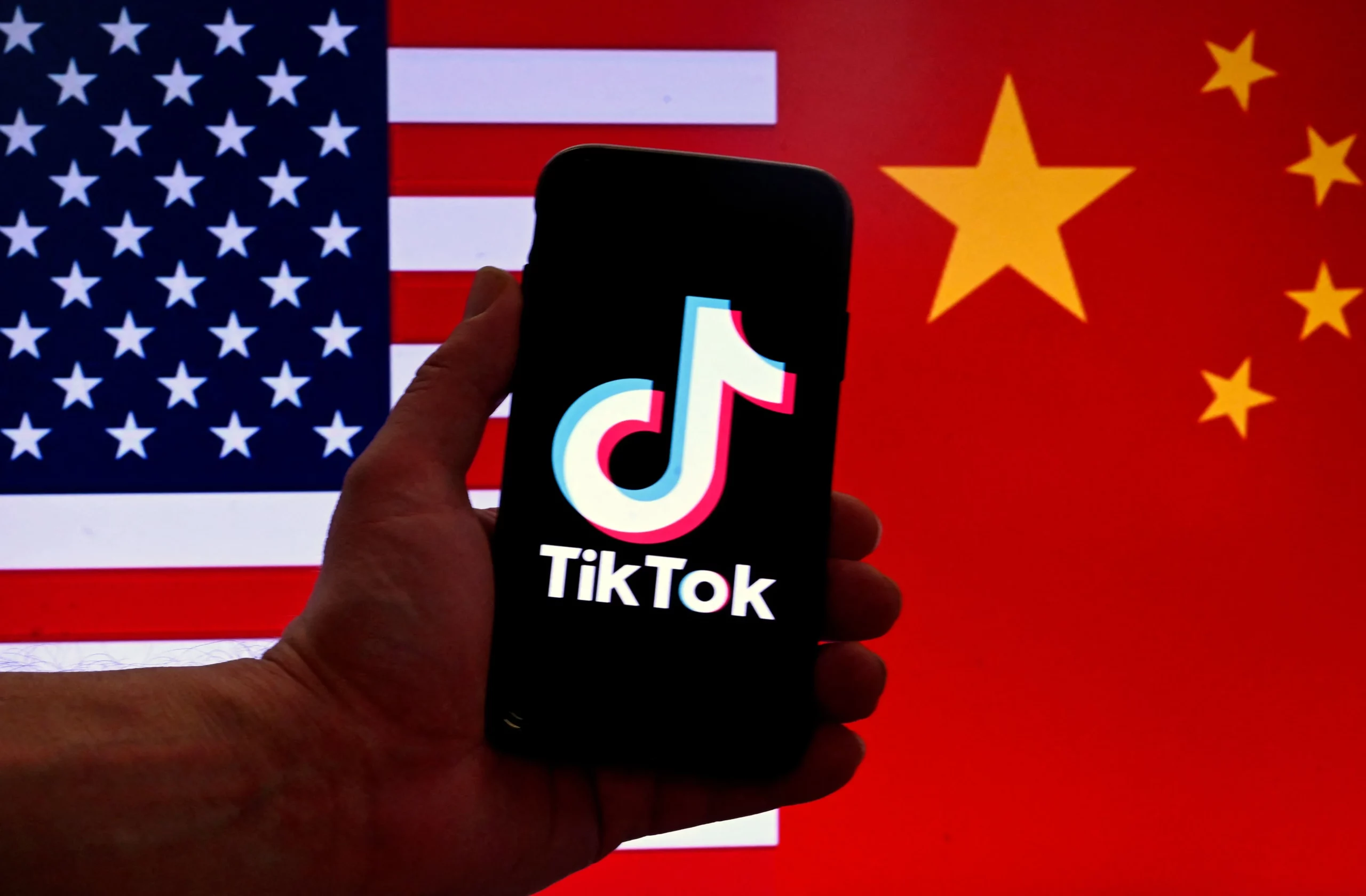
TikTok users across the United States have initiated a massive call-in campaign, bombarding Congress with phone calls to protest against proposed legislation that threatens the app’s existence in the country. This mobilization, largely fueled by a call to action from TikTok itself, has overwhelmed congressional offices with a deluge of calls from constituents of all ages, standing in solidarity to save their favorite social media platform.
Mobilizing the Digital Community
TikTok leveraged its vast user base to initiate a campaign again the bill. The app sent push notifications to American users over the age of 18, urging them to contact their congressional representatives to express their opposition. This call to action, which prominently featured the message “Stop a TikTok shutdown,” spurred a significant response, with users passionately advocating against the bill.
The screen only displays one button labeled “Call Now.” If a user chooses not to make the call, they must exit the app and reopen it to continue browsing. Upon clicking “Call Now,” users are prompted to input their zip code to locate nearby representatives. After entering the zip code, the app provides the user with their local representative’s phone number and encourages them to call and advocate against a TikTok shutdown.
The campaign’s impact was immediate and profound, as congressional staffers reported an incessant ringing of phones, with some offices receiving over a thousand calls concerning the TikTok bill. Notably, these calls came from a broad demographic spectrum, with some young users even making calls during school recess. The pushback wasn’t limited to any single political party, affecting offices of both Republican and Democratic members alike.
The Bill That Sparked the Backlash
The focal point of the controversy, the Protecting Americans from Foreign Adversary Controlled Applications Act, seeks to address national security concerns by potentially forcing TikTok’s Chinese parent company, ByteDance, to sell the app. This move stems from bipartisan efforts to mitigate the potential for foreign influence, notably from countries like China, Russia, Iran, and North Korea, over platforms widely used by Americans. The unanimous vote by the House Energy and Commerce Committee on this bill marks a crucial step in the legislative process, spotlighting the growing scrutiny over TikTok’s connections and its implications for U.S. users.
The Debate Over National Security and Free Expression
Amidst this wave of public engagement, the narrative around the bill has been contentious. Proponents argue that the legislation is a necessary precaution to protect national interests and privacy from potential foreign espionage and influence. In contrast, TikTok and its defenders view the move as an infringement on free speech and expression, emphasizing the detrimental effects it could have on the app’s 170 million monthly active users in the U.S.
What Are Lawmakers Saying?
Rep. Jamaal Bowman (D-N.Y.), a vocal opponent of the bill with a significant TikTok following, has called for “comprehensive social media reform” instead of what he perceives as an unfair targeting of TikTok.
Key figures in Congress have voiced their perspectives on the issue, with Rep. Mike Gallagher, R-Wis., one of the bill’s authors, clarifying that the legislation does not seek to ban TikTok outright but to ensure it is not under ByteDance’s ownership. Meanwhile, House Majority Leader Steve Scalise, R-La., has conveyed his intention to bring the legislation to the House floor swiftly, underscoring the urgency and importance attributed to this issue.
The White House has recently expressed its backing for the bill that could potentially prohibit TikTok, although it didn’t officially endorse it. This marks an intriguing move by President Joe Biden, who only joined the platform last month with the intention of engaging young voters.
While the Trump administration made efforts to ban TikTok, those plans seemed to lose momentum quickly. In response to concerns about data privacy, however, TikTok did enter into a partnership with the U.S.-based company Oracle.
Now, there’s a renewed push to legislate against the company, and TikTok is actively responding with support from its users. However, despite the massive call-in campaign, the effectiveness of these efforts remains uncertain. Some sources suggest that the overwhelming volume of calls may be counterproductive, potentially solidifying support for the bill among some legislators who are now leaning towards endorsement due to the disruptive nature of the campaign.
Related News:
Featured Image courtesy of Oliver Douliery/AFP via Getty Images
